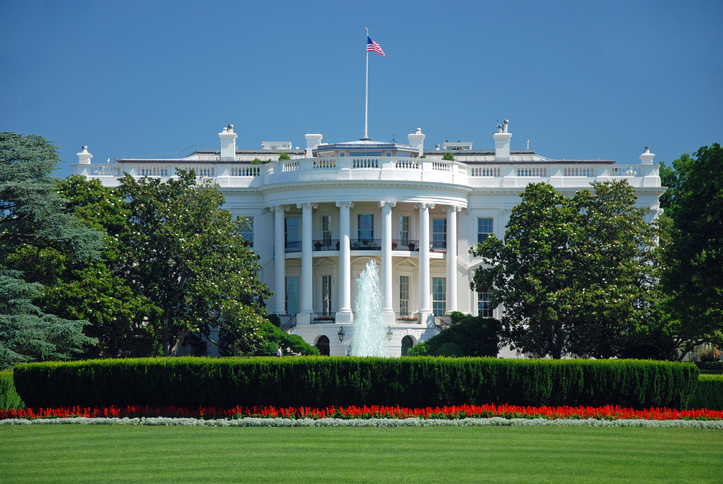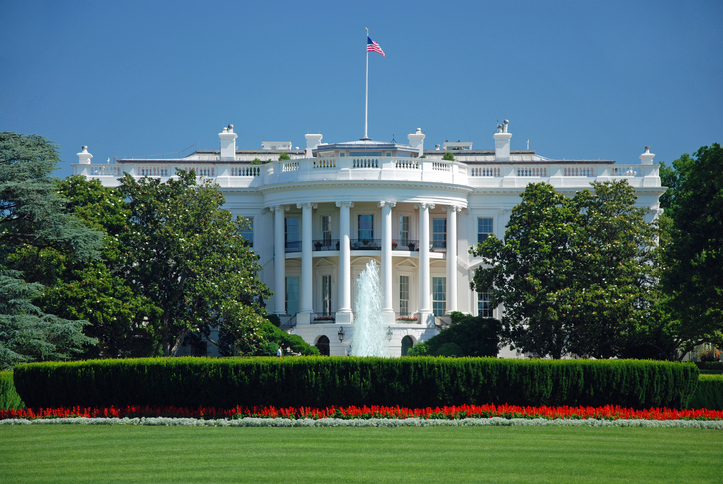Harrison usually ranks at the bottom of historians’ rankings of U.S. presidents. He died a month into his term…but he still ranks above other presidents, like James Buchanan, whose mishandling of public affairs led to the Civil War. So what did Harrison actually accomplish in his short time in office to save himself from being the worst of all time?
Tough and Strong
Harrison was elected in part because of his popularity as a war hero—he led American troops in the Battle of Tippecanoe of 1811, which expelled Native Americans led by Shawnee leader Tecumseh out of what’s now Indiana. When he took office in 1841, he wanted to show that he was still tough and strong, and so he rode the Inauguration ceremony on horseback, rather than in a horse-drawn carriage which would have protected him from the rain and freezing temperatures. He eschewed a hat and overcoat for both the ride and his outdoor inaugural address—the longest in history, at about two hours. Result: 31 days later, Harrison died of pneumonia.
Congress
However, Harrison’s election, speech, short term, and death did manage to alter the political landscape. In his inaugural address, he promised to defer as much as possible to Congress in day-to-day lawmaking and to veto their actions as little as possible. However, when Congressional leader Henry Clay asked Harrison (a week into his term) to call a special session of Congress, the president said no. He figured it was fine for them to meet as scheduled—nine months later. But when Treasury Secretary Thomas Ewing told the president that the government was in such dire financial straits that it would run out of money well before that scheduled session, Harrison ordered Congress to meet. That brief impasse and then agreement helped establish the way the executive and legislative branches interact even today.
The Vice Presidential Role
Harrison’s death itself had the longest-lasting and most important effect on American history. A president had never died in office before Harrison did so in 1841, and the government realized that the Constitution wasn’t exactly clear on who should become president in such an event. The wording in the document’s Article II suggested that the Vice President take over, but it wasn’t certain if that meant the Veep would be “acting president” until another president could be elected, or if they would be a full-on president themselves. The Supreme Court and Congress decided that Vice President John Tyler would become the “real” president. A resolution passed by both houses established that succession as the law of the land. (It was added to the Constitution as the 25th Amendment in 1967.)
Presidential Widow Pensions
One other effect of Harrison’s death: the establishment of presidential widow pensions. Harrison left very little money behind to his wife, Anna. Congress granted her a year of Harrison’s salary: $25,000 (about $600,000 in today’s money) and free use of the postal service for life.









